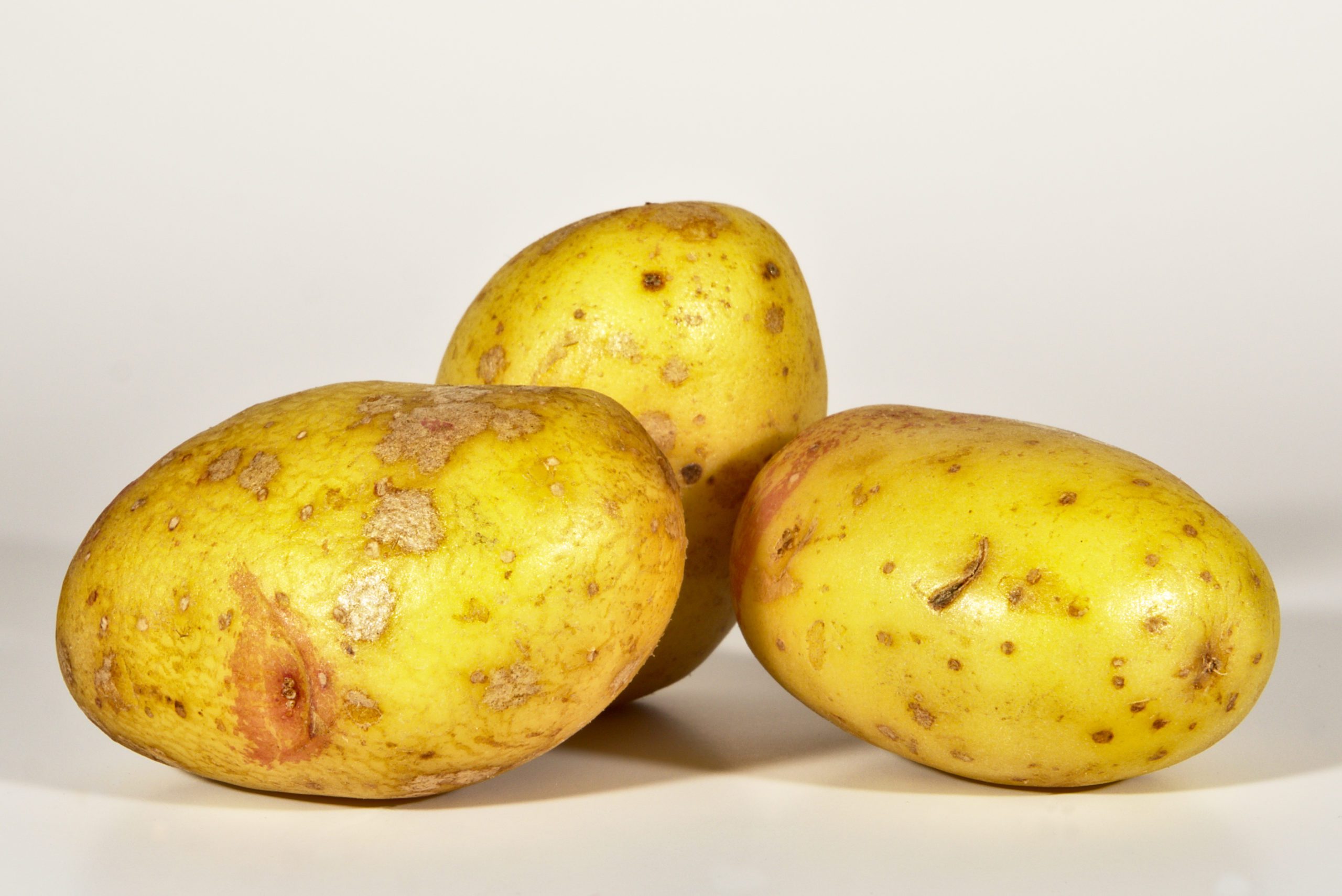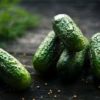
Firstly, introducing Auscrops, a wonderful market vending company bridging farmers and customers together through market vendors. Click here to find out more about King Edwards as well fruit and vegetable offers.
King Edwards Potato – Information and Facts
If you’re in the market for potatoes, chances are you’ve heard of the King Edward potato. It is one of the oldest cultivated varieties of potatoes and has been grown in Britain since the late 1800s. This variety is known for its long oval shape and rich creamy-yellow flesh. Here are some facts about the King Edward potato that will help you make an informed decision about purchasing it.
Nutritional Value
The King Edward potato is a great source of potassium, vitamin C, dietary fiber, and magnesium. It also has relatively low calories per serving (1 medium potato contains only 110 calories). In addition to being an excellent source of nutrients, this variety of potato is also gluten-free, making it a suitable choice for those with gluten sensitivities or allergies.
Taste Profile
The King Edward potato has a delicate flavor described as slightly sweet with a buttery texture. Its creamy-yellow flesh makes it ideal for roasting, baking, mashing, or frying. Additionally, because of its high starch content and low moisture content when cooked the skin will become crisp while the center remains soft and fluffy.
Growing Season
King Edwards potatoes are available year-round but they do have an optimal growing season between June and September in the Northern Hemisphere. During this time they can purchase from many local farms or supermarkets at lower prices than other times of year due to increased supply. Additionally, during this time their flavor will be at its best as well!
Conclusion on King Edwards Potato
All in all, the King Edward potato is an excellent choice for your next meal whether you’re looking for roasted potatoes or mashed potatoes! Not only does it have exceptional nutritional value but its delicate flavor profile makes it a favorite among cooks everywhere.
Click here to read similar articles.
 Français
Français 











